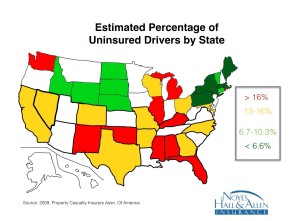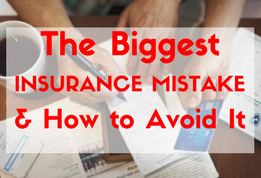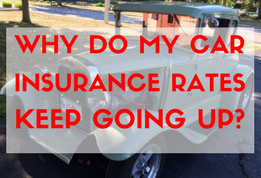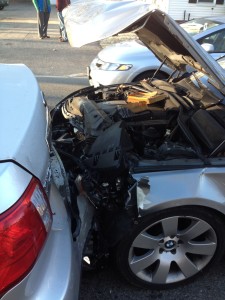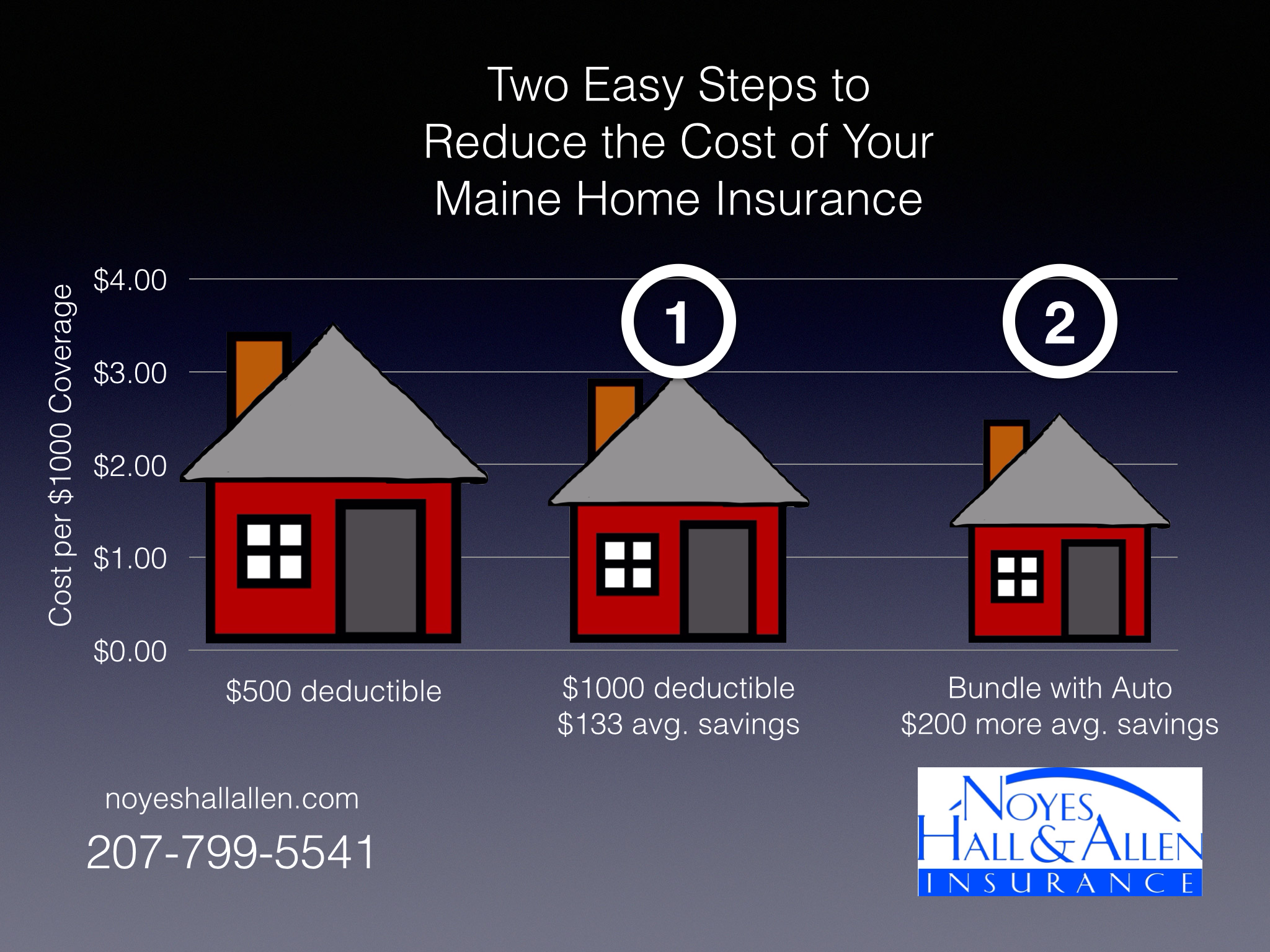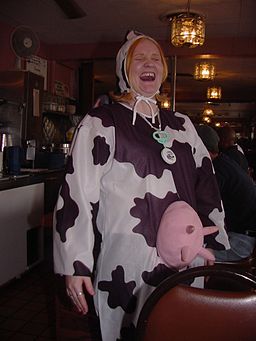Many Portland, Maine landlords make their tenants purchase renters insurance when leasing an apartment or condo. This is a smart idea for both parties, for many reasons.
Why Should a Landlord Require Renters Insurance?
Protects the Landlord’s Assets
Renters insurance (HO-4 in insurance jargon) is the best way to protect a property owner’s assets from the risks of their tenants’ activities. It protects the landlord in 2 important ways:
- Insulates the landlord from tenants’ liability. If your tenant leaves something on the stairway that causes someone to fall and get hurt, it’s the tenant’s fault. A tenant without insurance makes you an easier target for a lawsuit, because you have more assets (and insurance). Renters insurance insulates you because it pays your tenant’s legal defense costs and damages.
- Covers Tenants’ Belongings. Many renters ask “does my landlord’s insurance cover my stuff?” They’re shocked to learn that it does not. They think that if there’s a fire, theft or leaky pipe, their landlord’s insurance will pay to replace their stuff. It won’t. Smart property owners make tenants buy renters insurance to avoid these disputes and disappointments.
It’s Another Way to Screen Tenants
Most responsible Portland Maine landlords run credit checks on prospective tenants, and check their references. This protects them and other building tenants from the harm and nuisance of undesirable renters. Requiring renters insurance is another way to screen out bad tenants.
If a prospective tenant balks at buying insurance to protect their own assets, how will they treat YOUR property? If they say they can’t afford $10-15 per month for insurance, perhaps they’re not going to pay their rent on time, either.
Should a Landlord be an Additional Insured on a Tenant’s Renters Policy?
NO!
Some Maine landlords or property managers ask tenants to add them as an Additional Insured on their renters insurance policy. They believe that it provides more insurance to them and notifies them if the tenant cancels their insurance. Don’t do it!
Why an apartment or condo landlord should NOT be an Additional Insured on their tenant’s policy.
- Most insurance companies won’t do it. Listing landlords as “additional insured” is common on commercial insurance policies. But personal insurance companies frown upon it. Commercial insurers also readily provide a “certificate of liability insurance” to landlords. Personal insurance underwriters usually refuse.
Personal insurance companies use the Additional Insured endorsement when the “named insured” and another party are related (e.g. co-owners). An insurer defends and pays for an Additional Insured’s liability from “ownership, maintenance or use of the residence premises”. They would accept this scope of responsibility for co-owners of a property, but not landlords. - It’s unnecessary if you have a lease. Tenants policies extend liability coverage for duties a tenant assumes via contract before the occurrence. If the lease contains a “hold harmless” clause in which the tenant waives rights of subrogation against the landlord, the tenant’s policy will pay, and the tenant’s insurer will not attempt recovery from the landlord.
- There’s a better way to notify you if your tenant’s policy cancels. It’s called Additional INTEREST Endorsement. This meets the needs of landlords, and maintains the integrity of landlord/tenant responsibilities.
Recap
Portland Maine landlords, property managers, and property owners who rent apartments or condominiums to others should require tenants to purchase renters insurance, and ask to be named as an additional interest (NOT additional insured).
If you rent a home, apartment or condo to others, or own other residential rental property, and have questions about Portland, Maine business property insurance, contact a Noyes Hall & Allen Insurance agent at 207-799-5541. If you need renters insurance, contact us for a Portland Maine renters insurance quote.


